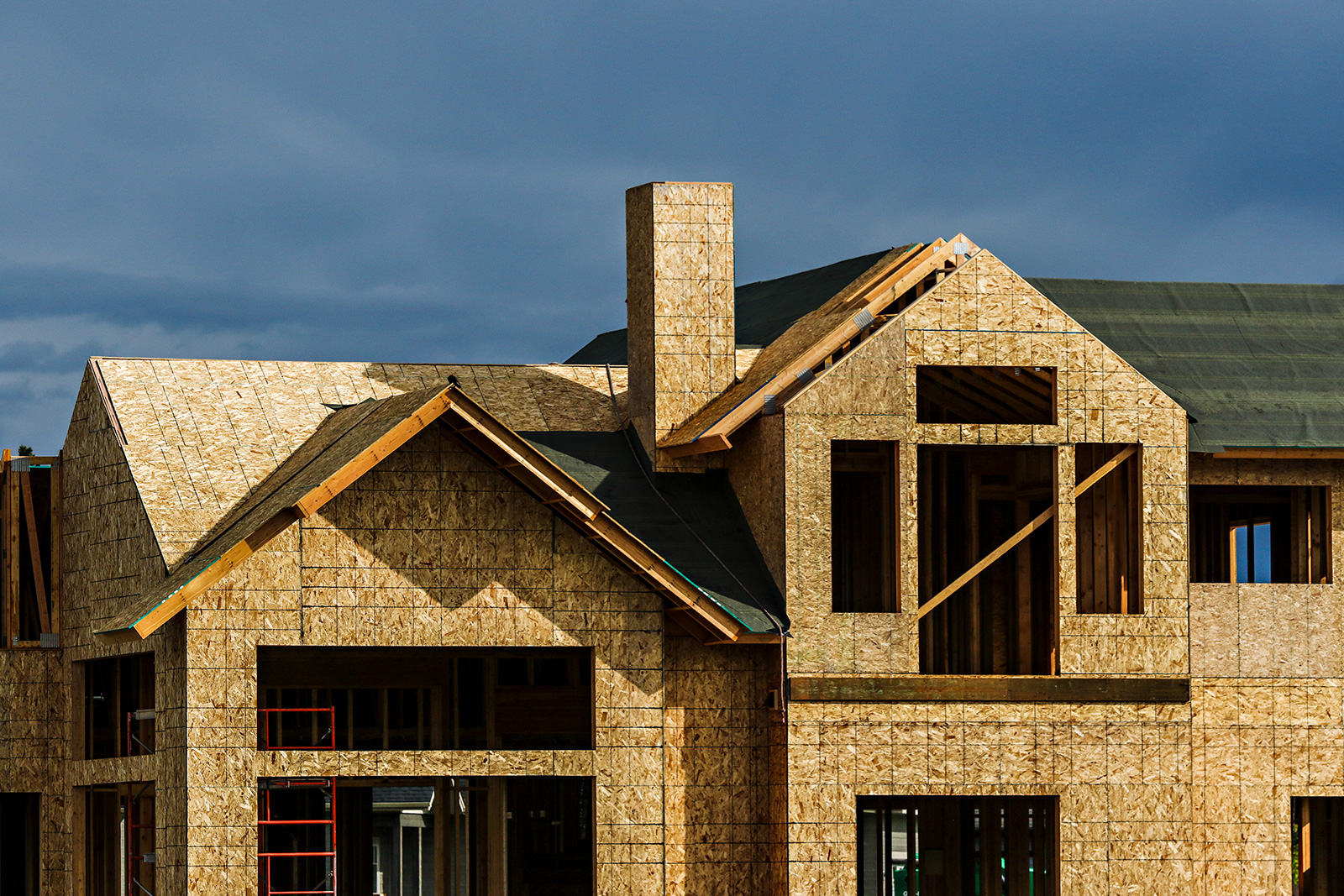A $15,000 donation from the Foley Family Charitable Foundation coupled with another $15,000 in matching donations from businesses owned by the Foley family has brought the nonprofit Housing Whitefish within $20,000 of its fundraising goal for the first year of its workforce rental assistance program, which will start accepting applications later this month.
The recently announced gifts to Housing Whitefish are coming in the form of a $15,000 grant from the Foley Family Charitable Foundation, and another $15,000 in donations from businesses owned by the Foley family that operate in Whitefish, including Whitefish Mountain Resort, the Glacier Jet Center and the Glacier Restaurant Group. The Foley Family Charitable Foundation is run by Lindsay Foley and her parents Carol and Bill Foley, who is also the owner of the Vegas Golden Knights NHL team.
In a press release announcing the new funding, Housing Whitefish described it as playing “a pivotal role” in the winter 2024 launch of the Whitefish Workforce Assistance Program, which is intended to be a short-term solution to the city’s housing crisis by helping people afford to live and work in the Whitefish area.
Daniel Sidder, Housing Whitefish’s executive director, said that his organization is now at $280,000 of its $300,000 fundraising goal for the first year of the program. A portion of the Housing Whitefish website with information and application materials for the program is expected to go live later this month, and the most recent timeline Sidder shared shows the deadline for its first round of applications has moved up to March 15, with payments going out in early April.
Funds from the Whitefish Workforce Assistance Program can be used towards monthly rental assistance, or for first and last month’s rent required at move-in. Funding cannot be used towards security deposits, pet deposits, moving expenses, utility bills, back rent or prior expenses. The program caps funding per household at $4,800 a year, and funds from the program can only reach up to 25% of the monthly rental payment. The program is designed to send payments directly to housing providers.
In order to receive funding, people must apply. Eligible people will work in the 59937 zip code, and work 32 hours a week or 1,600 hours a year, make under 100% of the area median income and pay more than 30% of their income towards rent. Some of those criteria are different depending on individual circumstances. For example, the work hours requirement for a single parent without a co-parent is 20 hours a week or 1,000 hours a year. People who are unable to work due to disability or retirement are also eligible for funding, but they will be subject to additional eligibility criteria. In addition to assessing applicant eligibility and reviewing a completed application, the program will also assess economic need when making funding decisions.
In December, the Whitefish City Council voted 6-0 to provide $200,000 from the city’s Affordable Housing Fund to the workforce assistance program’s pilot year. The program is modeled on a similar program in Winter Park, Colo., that has been in place since 2017.
The donations from the Foley family also come on the heels of the announcement in early December that the city’s tourism management board, Explore Whitefish, had decided to double the amount of funding it allocates annually towards Housing Whitefish, a nonprofit which works with the city’s housing authority. That funding, expected to reach up to $150,000 annually, is planned to come out of the Community Sustainability Fund (CSF), which Explore Whitefish collects through a 1% voluntary fee from participating restaurants, hotels, and transportation companies. At the time, funds from Explore Whitefish were expected to help with the launch of the Whitefish Workforce Assistance Program, and to help advance the second phase of the Alpenglow Apartments at Edgewood Place. That project will involve 18 units of income-restricted housing.
